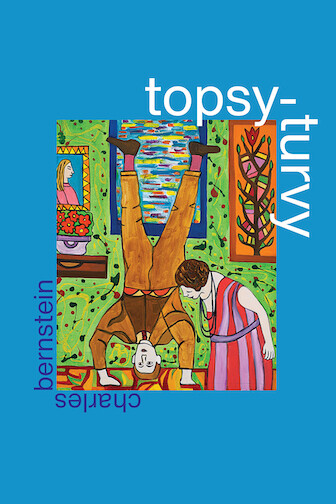Sandro Ricaldone
Kim Dhillon
Counter-Texts
Language in Contemporary Art
University of Chicago Press, 2022
In Counter-Texts, Kim Dhillon provides a much-needed critical reassessment of written language in contemporary art. Considering the politics, aesthetics, and ethics of language, Dhillon explores artworks that use inscribed language, with a particular focus on works that challenge dominant narratives or that reveal, in visual form, the varied systems of oppression contained within words.
Featuring more than forty artists from diverse backgrounds, including newer artists such as Serena Lee, Abbas Akhavan, and Joi T. Arcand alongside established figures such as Glenn Ligon, Brian Jungen, and Susan Hiller, Dhillon rewrites the understanding of text in contemporary visual art. Counter-Texts explores how and why visual artists use written language, and it interrogates the power held in words.



